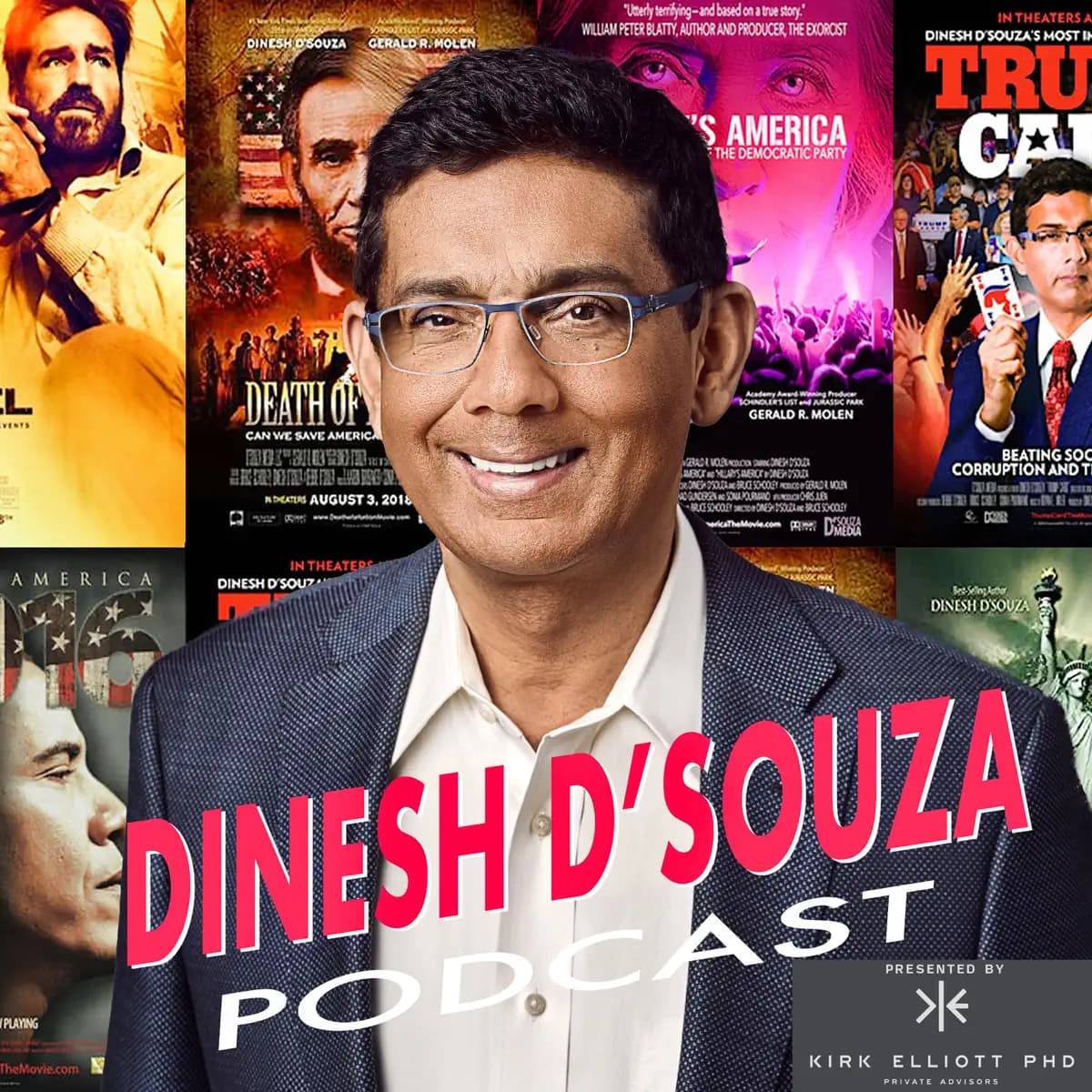Nigeria: Over 50,000 Christians Killed as Islamist Violence Escalates

Conservative commentator Dinesh D'Souza recently dedicated an episode of his podcast to the escalating persecution of Christians in Nigeria by Islamic militant groups, alongside discussions on the conversion story of a Hamas founder's daughter and biblical prophecies concerning Israel. The broadcast, featuring Navy veteran and activist Nick Matau, highlighted what D'Souza described as a critical, underreported global issue.Reports from human rights organizations, including Open Doors and the International Society for Civil Liberties and Rule of Law (Intersociety), indicate that over 50,000 Christians have been killed in Nigeria since 2009, with thousands of churches and schools destroyed. Groups such as Boko Haram, the Islamic State West Africa Province (ISWAP), and radicalized Fulani militants are cited as primary perpetrators. The Nigerian government, however, often frames the violence as complex farmer-herder clashes, a narrative disputed by many victims and international observers who point to clear religious targeting.During the podcast, D'Souza also recounted the story of Juman Al Kawazmi, identified as the daughter of a Hamas founder, who reportedly converted to Christianity after experiencing dreams of Jesus. This narrative was presented as an example of spiritual transformation occurring within the Islamic world. D'Souza noted the significance of dreams in Islamic culture and their role in some conversions.The episode further featured Nick Matau, a U.S. Navy veteran and activist, who discussed the biblical context for prophecies related to Israel. Matau provided his perspective on the geopolitical significance of Israel and the Middle East, emphasizing a perceived Western misunderstanding of the region's historical and anthropological complexities. He also touched upon the rise of anti-Semitism across political spectrums.D'Souza's podcast aimed to draw attention to these diverse but interconnected issues, arguing for greater awareness and action regarding Christian persecution and the broader implications of religious and geopolitical conflicts. The discussions underscored a conservative viewpoint on the intersection of faith, politics, and international affairs.